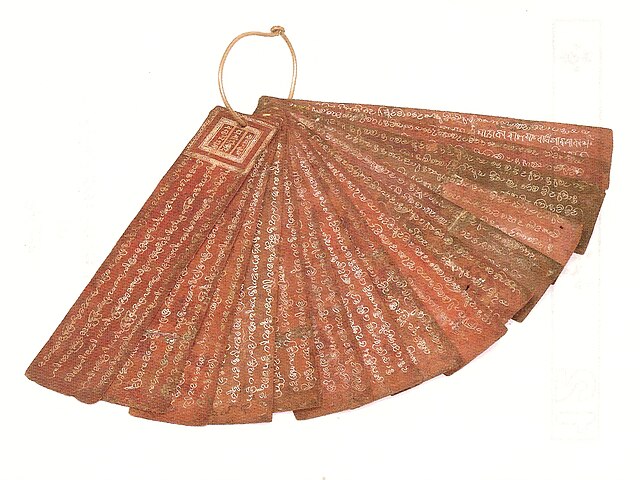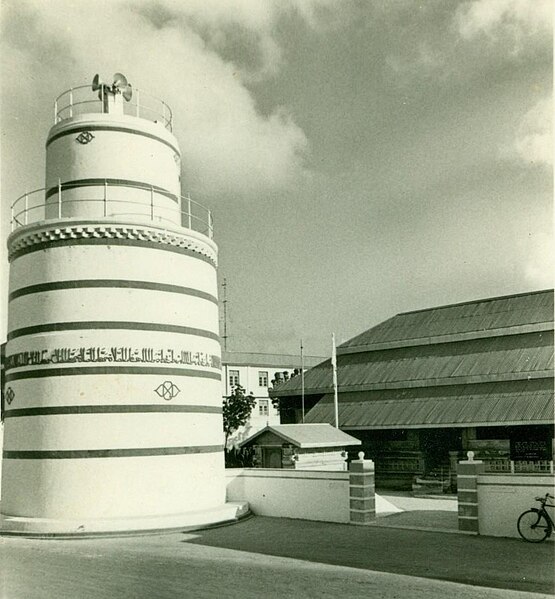The history of the Maldives is intertwined with the history of the broader Indian subcontinent and the surrounding regions, comprising the areas of South Asia and Indian Ocean; and the modern nation consisting of 26 natural atolls, comprising 1194 islands. Historically, the Maldives held a strategic importance due to its location on the major marine routes of the Indian Ocean. The Maldives' nearest neighbours are the British Indian Ocean Territory, Sri Lanka and India. The United Kingdom, Sri Lanka and some Indian kingdoms have had cultural and economic ties with the Maldives for centuries. In addition to these countries, Maldivians also traded with Aceh and many other kingdoms in, what is today, Indonesia and Malaysia. The Maldives provided the main source of cowrie shells, then used as a currency throughout Asia and parts of the East African coast. Most probably Maldives were influenced by Kalingas of ancient India who were earliest sea traders to Sri Lanka and the Maldives from India and were responsible for the spread of Buddhism. Stashes of Chinese crockery found buried in various locations in the Maldives also show that there was direct or indirect trade contact between China and the Maldives. In 1411 and 1430, the Chinese admiral Zheng He 鄭和 visited the Maldives. The Chinese also became the first country to establish a diplomatic office in the Maldives, when the Chinese nationalist government based in Taipei opened an embassy in Malé in 1966. This office has since been replaced by the embassy of the People's Republic of China.

The Buddhist Stupa at Kuruhinna in Gan Island (Haddhunmathi Atoll). Western Side
Isdhoo Lōmāfānu is the oldest copper-plate book to have been discovered in the Maldives to date. The book was written in AD 1194 (590 AH) in the Evēla form of the Divehi akuru, during the reign of Siri Fennaadheettha Mahaa Radun (Dhinei Kalaminja).
A plaque in Hukuru Mosque, Malé, Maldives, placed by Sultan Ibrahim Iskandhar on which Abu al-Barakat Yusuf al-Barbari's name is written. His last name is also read as "at-Tabrizi" instead of "al-Barbari".
Malé Friday Mosque Minaret, 1981
The Maldives, officially the Republic of Maldives, and historically known as Maldive Islands, is a country and archipelagic state in South Asia in the Indian Ocean. The Maldives is named after the main island and capital, Malé. The Maldives is southwest of Sri Lanka and India, about 750 kilometres from the Asian continent's mainland. The Maldives' chain of 26 atolls stretches across the equator from Ihavandhippolhu Atoll in the north to Addu Atoll in the south.
Isdhoo Lōmāfānu is the oldest copper-plate book to have been discovered in the Maldives to date. The book was written in 1194 CE (590 AH) in the Evēla form of the Divehi akuru, during the reign of Siri Fennaadheettha Mahaa Radun (Dhinei Kalaminja).
Portuguese presence in the Maldives was established in 1558, by order of Constantino of Braganza, Viceroy of Portuguese India.
16th-century Portuguese illustration from the Códice Casanatense, depicting workers
17th-century Portuguese drawing of the fortress of Maldives and the archipelago. In Antonio Bocarro book of fortress (1632)







